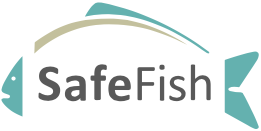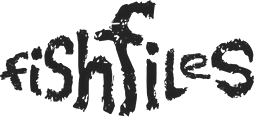Eating habits have undergone significant changes in many countries and new food production, preparation, storage and distribution techniques have developed around these changes. Food safety is a major element of public health and an important factor of food trade. Everyone including primary producers, manufacturers/processors, importers/exporters, food warehouse/logistics operators, food handlers, retailers and consumers has a responsibility to ensure that the food is safe and suitable for consumption according to its intended use.
Listeria monocytogenes is the only species of Listeria that is pathogenic to humans. It can cause food poisoning and is a serious food safety concern in food production. Listeriosis can be very serious for pregnant women and their unborn children, new-born babies, the elderly and people with a weakened immune system. L. monocytogenes is found in the general environment and can be associated with most food types. It is a particular concern with chilled ready-to-eat foods and can inhabit and persist in food production environments.
Between January 2012 and August 2022 there have been 14 recalls in Australia due to the presence or potential presence of L. monocytogenes in seafood products. Fortunately, listeriosis outbreaks associated with seafood in Australia are relatively rare. However, in 2019 two people from a vulnerable population died and another two non-fatal illnesses occurred that were attributed to the consumption of smoked salmon sourced from Tasmania. No recall was issued and a subsequent investigation by Biosecurity Tasmania found no breaches of regulations.
Current SafeFish Activities
Over the years numerous reports and guidance documents have been published by various organisations on how to control L. monocytogenes. The objectives of this project are to:
- Improve food safety practices related to RTE seafood through the provision of easily accessible resources.
- Liaise with industry and regulators to determine if there is an appetite for a Listeria masterclass and if ascertain potential content and format of delivery.
This project will run from January 2023 to July 2024.
Key progress to date:
- SafeFish has prepared a report that includes individual state and territory Listeria risk management guidelines for seafood products, and consolidates current Listeria controls and detection methods.
- SafeFish has also prepared a toolbox (below) useful Listeria management resources by topic.




